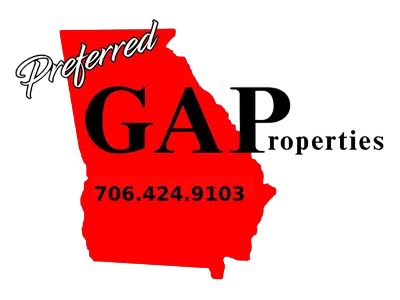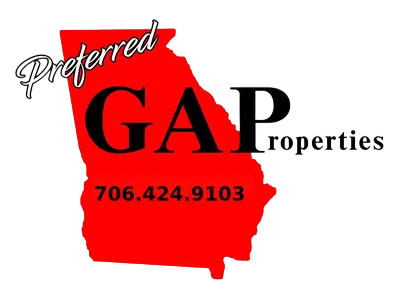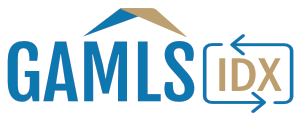There’s really no such thing as a “no-cost” mortgage loan. Every loan comes with costs—whether it’s an appraisal, escrow, title insurance, document preparation, processing, flood certification, recording, notary, tax service, or wire fees. The term “no-cost” simply means the lender is covering these expenses—not that they don’t exist. In return, the borrower pays a higher interest rate.
How Loans Are Priced
Many lenders also promote “no points” or “no lender fees” loans. These reduce upfront expenses, but again, the costs are offset by a higher interest rate. Mortgage lenders and loan officers earn money based on how a loan is priced. Each day, lenders release internal rate sheets listing a range of interest rates along with corresponding “costs” (measured in points, where 1 point equals 1% of the loan amount). For instance:
- A lower interest rate (e.g., 6.25%) might cost 2 points
- A mid-range rate (e.g., 6.75%) might be offered at par—zero points
- A higher rate (e.g., 7.125%) might earn the lender a rebate or “premium” pricing
These rebates are how lenders fund “no-cost” loans. Loan officers receive a commission based on the markup or rebate, often splitting the profit with their company.
Additionally, most lenders charge standard fees, including underwriting, processing, tax service, wire, or flood certification fees. Some of these are legitimate costs; others are simply added profit. Even with a “no points, no lender fees” loan, the borrower is likely to pay a higher interest rate (perhaps 7.125%) to compensate the lender for covering those fees.
True Costs of a “No-Cost” Loan
Let’s say you're financing $200,000 with a 30-year fixed loan. Choosing a no-cost option at a higher rate could increase your monthly payment by about $87, translating to more than $30,000 in added interest over the life of the loan. If you plan to stay in the home for a long time, paying your own closing costs and securing a lower rate is almost always the better financial move.
If you're only staying for a few years, the math changes. For example, if you’re staying under five years, a zero-cost loan might make sense. But even then, a short-term product—like a 5-year fixed ARM—will usually offer an even lower rate, saving you more overall. While it's difficult to offer zero-cost terms on these products, the savings can be significant. If you stay in the loan less than three years, an ARM with a low starting rate can outperform even a zero-cost 30-year fixed loan.
When a Zero-Cost Loan Might Make Sense
There are some exceptions where zero-cost loans can be practical:
- FHA Streamline Refinance Without an Appraisal: These require the new loan balance to match the old one, making zero-cost refinancing more logical.
- If the buyer has only enough funds for the down payment, and the seller won’t cover closing costs, zero-cost may be the only viable route—though it’s often better to negotiate a higher purchase price in exchange for the seller covering your closing costs.
The Bottom Line
Zero-cost loans may sound great in ads, but in most cases, they don’t make financial sense—especially for buyers planning to stay in the home for more than a few years. The reduced upfront cost often leads to thousands more paid in interest over time. If saving money is the goal, it’s usually better to pay the costs upfront and secure a lower rate.




